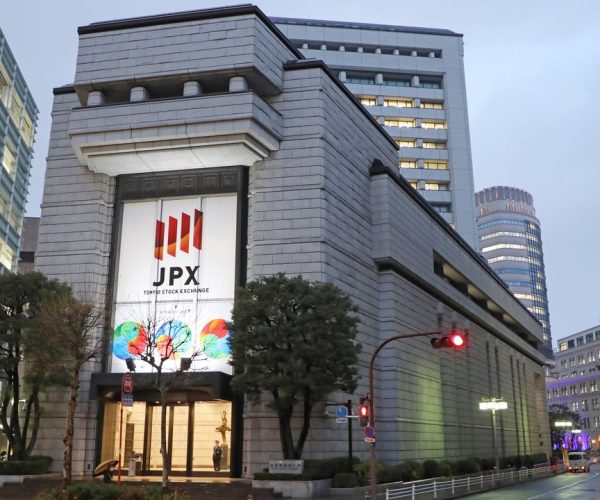What are indices?
Indices are a measurement of the performance of a group of shares that are listed on an exchange. Because there is no underlying physical asset to exchange when trading indices, most indices trading is done with financial derivatives like CFDs.
In its endeavor to provide the Investors and Market Participants a wider range of Investment Options, PMEX has recently launched trade in world’s four biggest Stock Exchanges’ Index.
DOW JONES 30
NASDAQ 100
SPX 500
NIKKEI 225
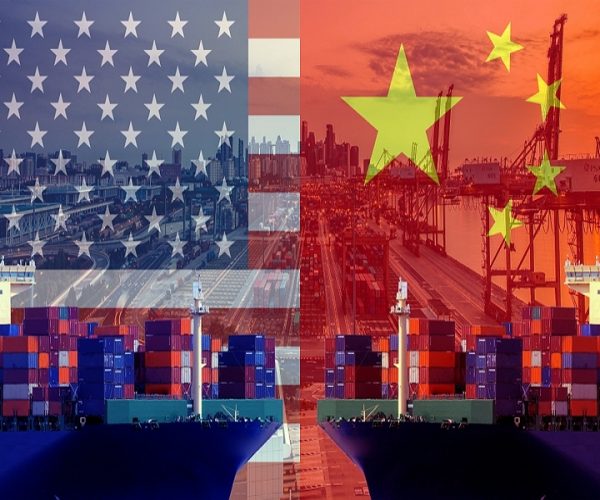
How do I trade indices?
01
Open a trading account with BCM
02
Research an index you want to trade
03
Decide how you want to trade
04
Deposit Payments by Direct Fund Model
05
Take steps to manage your risk
06
Open and monitor your position
07
Enter orders, monitor positions & receive profits
08
Trade Well & Happy Trading
Benefits of index trading
Trading indices is cheaper than trading each individual share
Get exposure to an entire sector or economy at once
Hedge against increasing volatility in your share portfolio or on your existing leveraged stock positions
You can trade on the move with natively designed, award-winning trading app
You can trade rising and falling markets – going long and short
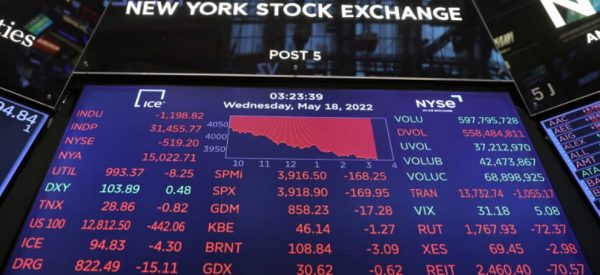
Dow Jones
The Dow Jones Industrial Average (DJIA) is one of the oldest, most well-known and most frequently used indices in the world. It includes the stocks of 30 of the largest and most influential companies in the United States.
The Dow Jones Industrial Average (DJIA) is a widely-watched benchmark index in the U.S. for blue-chip stocks.
The DJIA is a price-weighted index that tracks 30 large, publicly-owned companies trading on the New York Stock Exchange and the NASDAQ. The Dow Jones is named after Charles Dow, who created the index in 1896.
Dow futures contract provides a way to efficiently gain exposure to the key benchmark for the U.S. stock market, using a small-sized electronic contract. There are potentially lower trading costs compared to trading individual stocks or Exchange-Traded Funds (ETFs).
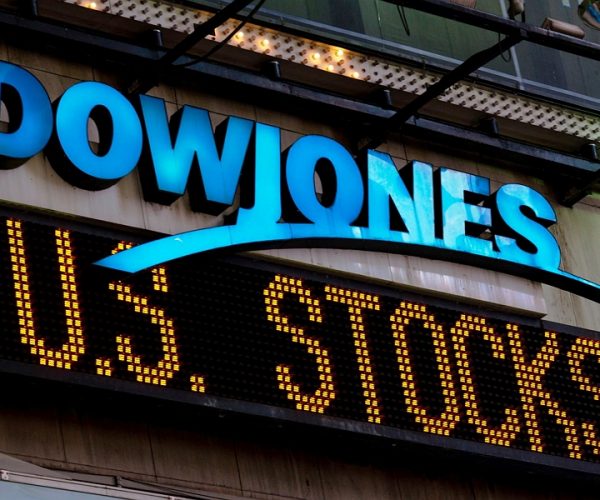
NASDAQ
NASDAQ (National Association of Securities Dealers Automated Quotations) is also used to refer to the Nasdaq Composite, an index of more than 3,000 stocks listed on the Nasdaq exchange that includes the world’s foremost technology and biotech giants such as Apple, Google, Microsoft, Oracle, Amazon, and Intel.
Nasdaq is a global electronic marketplace for buying and trading securities. It was the world's first electronic exchange. Most of the world's technology giants, including Apple and Facebook, are listed on the Nasdaq. It operates 25 markets, one clearinghouse, and five central securities depositories in the United States and Europe.
The NASDAQ-100 Index futures provide a way to efficiently gain exposure to the top 100 large-cap domestic and international non-financial companies listed on The NASDAQ stock market. It also enables you to benefit from lower trading costs compared to trading individual stocks or Exchange-Traded Funds (ETFs).
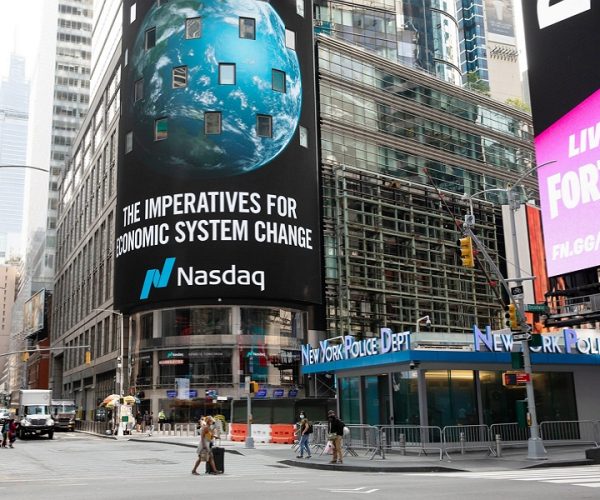
SPX
Standard & Poor's 500 Index (known commonly as the S&P 500) is a larger and more diverse index than the DJIA. Made up of 500 of the most widely traded stocks in the U.S., it represents about 80% of the total value of U.S. stock markets. In general, the S&P 500 index gives a good indication of movement in the U.S. marketplace as a whole. The S&P 500 index includes companies in a variety of sectors, including energy, industrials, information technology, healthcare, financials and consumer staples.
The S&P 500 futures contract provide a way to efficiently gain exposure to the key benchmark for large-cap U.S. stocks and arguably the most liquid stock index futures contract in the world. It also enables you to benefit from lower trading costs compared to trading individual stocks or Exchange-Traded Funds (ETFs).
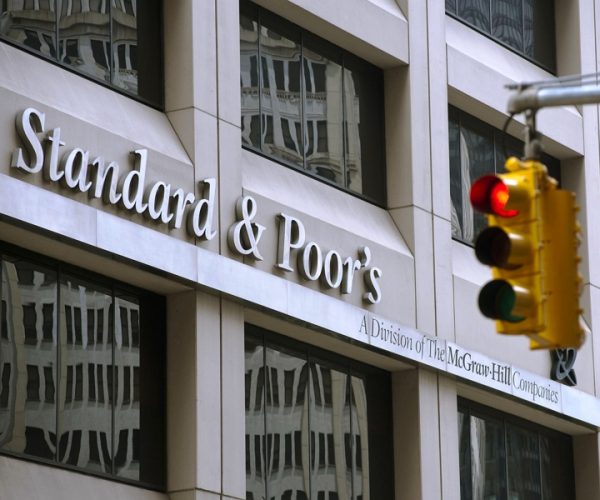
NIKKEI 225
The Nikkei 225 or the Nikkei Stock Average is a stock market index for the Tokyo Stock Exchange. The Nikkei measures the performance of 225 large, publicly owned companies in Japan from a wide array of industry sectors.
The Nikkei is Japan's leading stock index comprised of the country's top 225 blue-chip stocks. The Nikkei is a price-weighted index, which means the index is an average of the share prices of all the companies listed.
Some of the best-known companies listed in the Nikkei are Sony Corporation, Canon Inc, Nissan Motor Company, and Honda Motor Company.
The Nikkei 225 futures contract provide a way to efficiently gain exposure to the key benchmark for large-cap Japanese stocks and arguably the most liquid stock index futures contract in the world. It also enables you to benefit from lower trading costs compared to trading individual stocks or Exchange-Traded Funds (ETFs).
